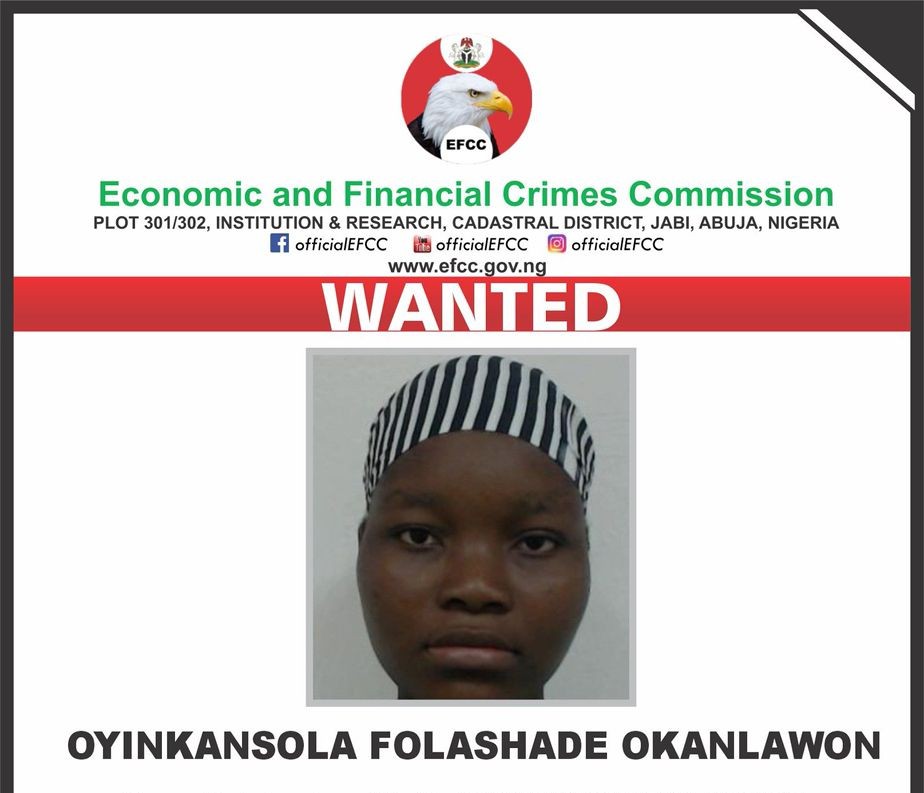- As LASEPA Drives Science-Based Environmental Solutions
Lagos generates over 13,000 tonnes of waste daily, with single-use plastics clogging drainages, polluting water bodies, and threatening public health.
The Lagos Waste Management Authority (LAWMA) has historically relied on enforcement to manage this crisis, but recent initiatives signal a shift toward education, collaboration, and innovation.
The awareness walk, organized in collaboration with the Lagos State Environmental Protection Agency (LASEPA) and Alternative Bank, in Yaba and Tejuosho markets, exemplifies this evolution, promoting a zero-plastic lifestyle and responsible waste management.
While LAWMA’s progress is commendable, scaling these efforts to address Lagos’ massive waste challenges requires deeper public engagement, sustained partnerships, and innovative solutions.
Plastic pollution is a pressing issue in Lagos. With 2.5 million tonnes of plastic waste generated annually, less than 10% is recycled.
Single-use plastics, like sachets and styrofoam, exacerbate flooding, harm aquatic life, and infiltrate the food chain, posing health risks such as asthma and heart disease.
A 2023 audit by LASEPA revealed that each Lagosian discards roughly 34 kilograms of plastic into water systems yearly, equivalent to 10 plastic bottles daily. The state response includes the 2024 styrofoam ban and the “Adopt-a-Bin” program, which encourages waste sorting.
As spearheaded by the commissioner of Environment and Water Resources, Honourable Tokunbo Wahab. LAWMA has demonstrated collective responsibility, aligning with the THEMES+ agenda of Governor Babajide Sanwo-Olu’s administration.
LAWMA’s educational efforts are gaining traction. The agency’s collaboration with the Glo Skillbridge programme, graduating street sweepers trained in skills like baking, fashion design, and digital marketing, empowers its workforce while fostering environmental stewardship.
These initiatives complement LAWMA’s enforcement, which saw over 6,700 arrests for environmental violations from January to May 2025. This “stick and carrot” approach; balancing penalties with education, aims to create an informed populace capable of making responsible waste disposal choices.
Collaboration is central to LAWMA’s strategy. The partnership with LASEPA and Alternative Bank during the awareness walk highlights the power of public-private partnerships (PPP). Alternative Bank’s donation of waste bins to markets supports the Zero-Plastic Lagos initiative, while their emphasis on converting plastic waste into economic value through recycling aligns with global circular economy principles.
Dr. Babatunde Ajayi, LASEPA’s General Manager, stressed the need for sustainable alternatives, noting that plastic waste in the food chain endangers public health. Market leaders at Tejuosho, speaking in local dialects, pledged to adopt waste sorting and regular sanitation, reinforcing community-driven change. Dr. Gaji Omobolaji Tajudeen, Permanent Secretary of the Office of Environmental Services, praised Alternative Bank’s corporate social responsibility and urged other organizations to join LAWMA in delivering a cleaner, safer Lagos.
Despite these efforts, challenges persist. Public resistance to policies like the 2025 single-use plastics ban stems from concerns over the cost of sustainable alternatives and inadequate transition periods. Businesses argue that reusable options are less affordable, while enforcement measures sometimes alienate communities. Lagos’ rapid urbanization, with over 1,500 sachet water factories producing 60 million sachets daily, overwhelms existing waste infrastructure. LAWMA’s Smart Bin innovation and decentralized operations across Local Council Development Areas (LCDAs) are steps forward, but scaling these requires significant investment and public cooperation.
To address these hurdles, LAWMA must deepen community engagement. The use of local languages in outreach, as seen in the Yaba and Tejuosho walk, ensures inclusivity across Lagos’ diverse population. Expanding campaigns with influencers, traditional media, and community leaders can build consensus and counter resistance. LAWMA should also explore deposit schemes for sachets and bottles, incentivizing recycling while reducing litter. The agency’s collaboration with LASEPA, as seen in their joint push for regional air quality standards at the Nairobi Clean Air Forum, offers a model for waste management. By integrating waste sensors into Lagos’ public transit network and training African engineers to build affordable monitors, LAWMA can enhance data-driven governance.
Private sector partnerships are equally critical. Alternative Bank’s support, alongside initiatives like the Glo Skillbridge programme, shows how corporate involvement can amplify LAWMA’s impact. Expanding the PPP model to include more businesses could fund infrastructure upgrades, such as waste-to-energy plants and additional transfer loading stations. These partnerships can also drive innovation, like upcycling plastics into construction materials, creating jobs and reducing environmental harm.
LAWMA’s collaboration with LASEPA is particularly promising. By aligning with a science-based agency, LAWMA can refine its data-driven approach, ensuring policies are grounded in evidence.
For instance, LASEPA’s work with University of Lagos to develop affordable air quality sensors could inspire similar innovations in waste monitoring. Such synergies can strengthen enforcement while fostering public trust through transparent, science-backed policies.
LAWMA’s shift toward education, collaboration, and innovation marks a turning point in Lagos’ waste management journey. As envisioned by Commissioner Tokunbo Wahab and ultimately, Governor Babajide Sanwo-olu, the end goal to have a cleaner, greater Lagos.
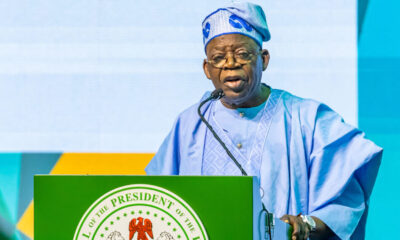
 BIG STORY3 days ago
BIG STORY3 days ago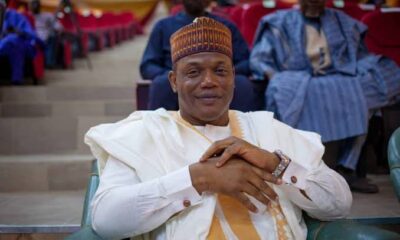
 BIG STORY3 days ago
BIG STORY3 days ago
 BIG STORY3 days ago
BIG STORY3 days ago
 BIG STORY2 days ago
BIG STORY2 days ago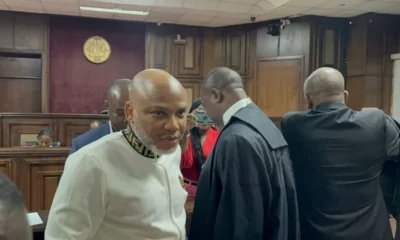
 BIG STORY1 day ago
BIG STORY1 day ago
 BIG STORY2 days ago
BIG STORY2 days ago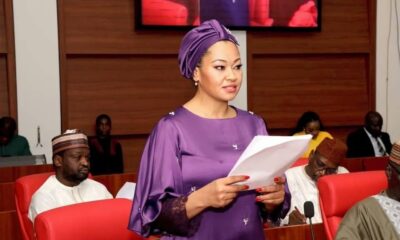
 BIG STORY3 days ago
BIG STORY3 days ago
 BIG STORY3 days ago
BIG STORY3 days ago


















